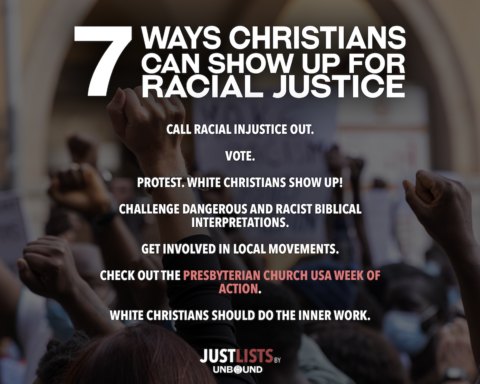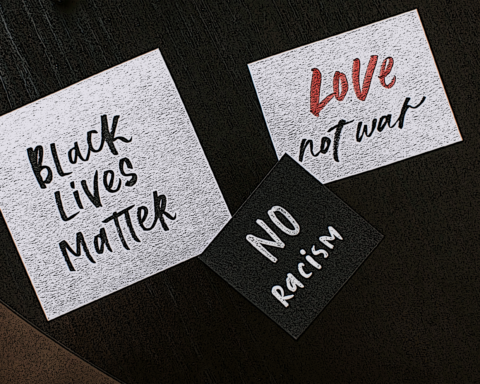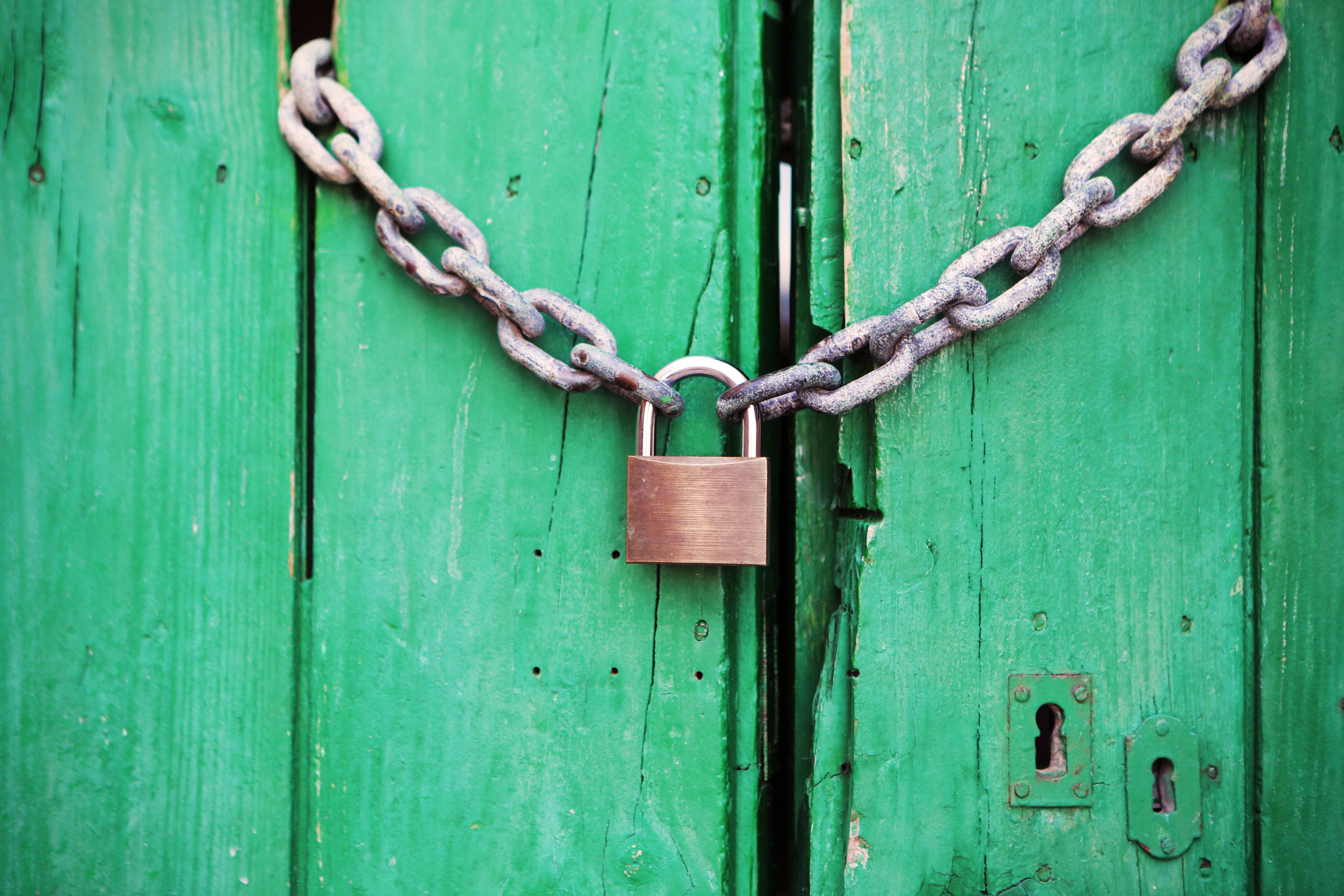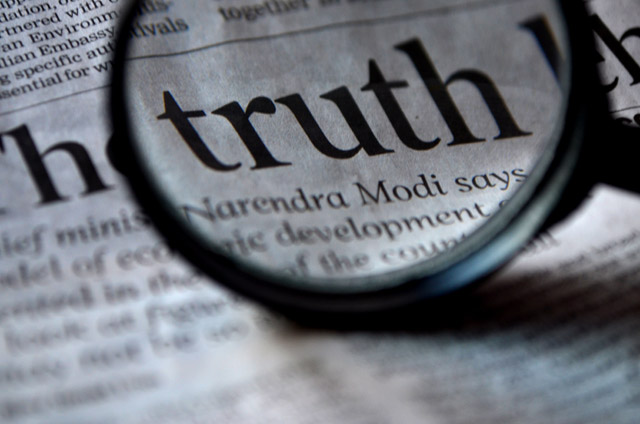
Photo Credit: Alice Horner
So we all know how we are supposed to pay attention to the 2016 election. Watch CNN or Fox or MSNBC at least six hours a day for the latest breaking “news alerts.” Feel outrage. Follow the polls and see how they are moving, preferably every day. Feel anxious. Retweet whatever your preferred candidate puts out on Twitter. Feel righteous. Try to figure out the snarkiest Facebook post you can come up with to move the needle for your guy or gal. Feel clever. Then do it again. Every day. For the next month and a half.
Or not. Perhaps there is a better way.
In my new book, A Letter to My Anxious Christian Friends (Westminster John Knox Press), I take a step back from the noise and offer an analysis of where our country is overall, what to think about a number of specific issues, and how to act constructively in relation to our culture and democracy. My overall message is a call away from anxiety and fear toward steady, faithful Christian discipleship, in service to Christ and for love of neighbor.
My book argues for a disciplined Christian patriotism, subordinated to love of Christ and oriented to the flourishing of all who call America home. I suggest that hand-wringing over America’s problems tends today to obscure many continued sources of national strength. These include our geographic reach and natural resources, our material prosperity and productivity, our carefully designed democratic system, and the strength and vitality of our people.
___________________________________________
Let us remind ourselves that Christians have managed to remain faithful to Christ and to have a huge impact on cultures even when our numbers were small and our power limited.
___________________________________________
I note that American Christians are anxious about many things, perhaps mainly a sense of declining Christian influence. I agree that Christians are indeed declining in number and in influence in America, but suggest that there are advantages as well as disadvantages in a situation where we must persuade and cannot control American culture. I remind readers that Christians have managed to remain faithful to Christ and to have a huge impact on cultures even when our numbers were small and our power limited. Meanwhile, I suggest that realism forces us now to accept that “the public culture of our more diverse and secular country is unlikely ever to return to cultural Christianity” (p. 16).
 The book offers analysis of how our democracy is actually doing right now. Our partisan divisions, government gridlock, and reliance on the Supreme Court to resolve all of our values conflicts all come in for reflection. I remind readers of the core values of democracy and of the sound design of our constitution and political system. I do note, however, that extreme partisanship – indeed, our polarized two-party system itself – is hurting us and needs reform. And I argue strongly that it is not healthy for our democracy to put so much emphasis on those nine black-robed Supreme Court justices. We are asking them to do too much, and they in turn are sometimes guilty of rubbing salt in our cultural wounds.
The book offers analysis of how our democracy is actually doing right now. Our partisan divisions, government gridlock, and reliance on the Supreme Court to resolve all of our values conflicts all come in for reflection. I remind readers of the core values of democracy and of the sound design of our constitution and political system. I do note, however, that extreme partisanship – indeed, our polarized two-party system itself – is hurting us and needs reform. And I argue strongly that it is not healthy for our democracy to put so much emphasis on those nine black-robed Supreme Court justices. We are asking them to do too much, and they in turn are sometimes guilty of rubbing salt in our cultural wounds.
The book takes on all kinds of specific issues, about which Christians often fall prey to oversimplified or ideological arguments. One of the main things I try to do is show that Christians who argue completely in a “liberal” or “conservative” direction are probably more captive to politics than to the more complex witness of Scripture. I also argue that good Christian moral and political engagement requires careful engagement with the actual realities of specific situations and issues, which takes more study and effort than a social media post or a howl of daily outrage.
For example, on abortion I argue that what we face in America is a cultural dependency on mass abortion based on sexual and relational practices that we don’t seem willing to change. So the real answer there is not legal but cultural. “There is no governmental solution to the problem of abortion…reducing abortion on the demand side is the only meaningful path forward” (p. 74).
___________________________________________
If our worst anxieties turn out to be well founded, God will still be God, and the church will still be the church. We will wake up with the same basic obligations we had the day before.
___________________________________________
On war I suggest that while nations must defend themselves, the US has habitually overused military force, with less and less clarity that it is actually working. “Nations have many tools in their security toolbox. Most are nonviolent” (p. 106).
On education I review the strengths and weaknesses of the three primary options: public, private, and home school, and suggest that “providing a quality education for every single person in our society is essential for our national future” (p. 109). Therefore the substandard quality of many of our schools is a national scandal.
 On race I plead with white people to acknowledge without defensiveness or shame the racialized history of America and to listen closely to the evidence that racism continues to affect the life experiences of people of color. I describe the difficult path to true racial reconciliation: “Piercing the racial veil so that one arrives at some mutual understanding, then at real interracial friendship, and finally at free and easy beloved community is a long journey” (p. 57).
On race I plead with white people to acknowledge without defensiveness or shame the racialized history of America and to listen closely to the evidence that racism continues to affect the life experiences of people of color. I describe the difficult path to true racial reconciliation: “Piercing the racial veil so that one arrives at some mutual understanding, then at real interracial friendship, and finally at free and easy beloved community is a long journey” (p. 57).
These and other issues get brief but practical examination in twenty chapters that are not burdened with footnotes or Big Scholarly Verbiage. Other issues considered include immigration, sex, police, healthcare, climate, the death penalty, and patriotism. A concluding chapter pulls it all together from a faith perspective.
I conclude: “If our worst anxieties turn out to be well founded, God will still be God, and the church will still be the church. We will wake up with the same basic obligations we had the day before” (p. 130).
I call on all Christians to move from anxiety to faith, from fear to faithfulness. Love God, love your neighbor; love America because you love God and love your neighbor. Then move forward in confidence, trust, and service.
*****
AUTHOR BIO: David P. Gushee is Distinguished University Professor of Christian Ethics and Director of the Center for Theology and Public Life at Mercer University. He is the author or editor of numerous books in his field, including most recently A Letter to My Anxious Christian Friends (Westminster John Knox Press). He was recently elected Vice President of the American Academy of Religion and President-Elect of the Society of Christian Ethics.






Unbound Social